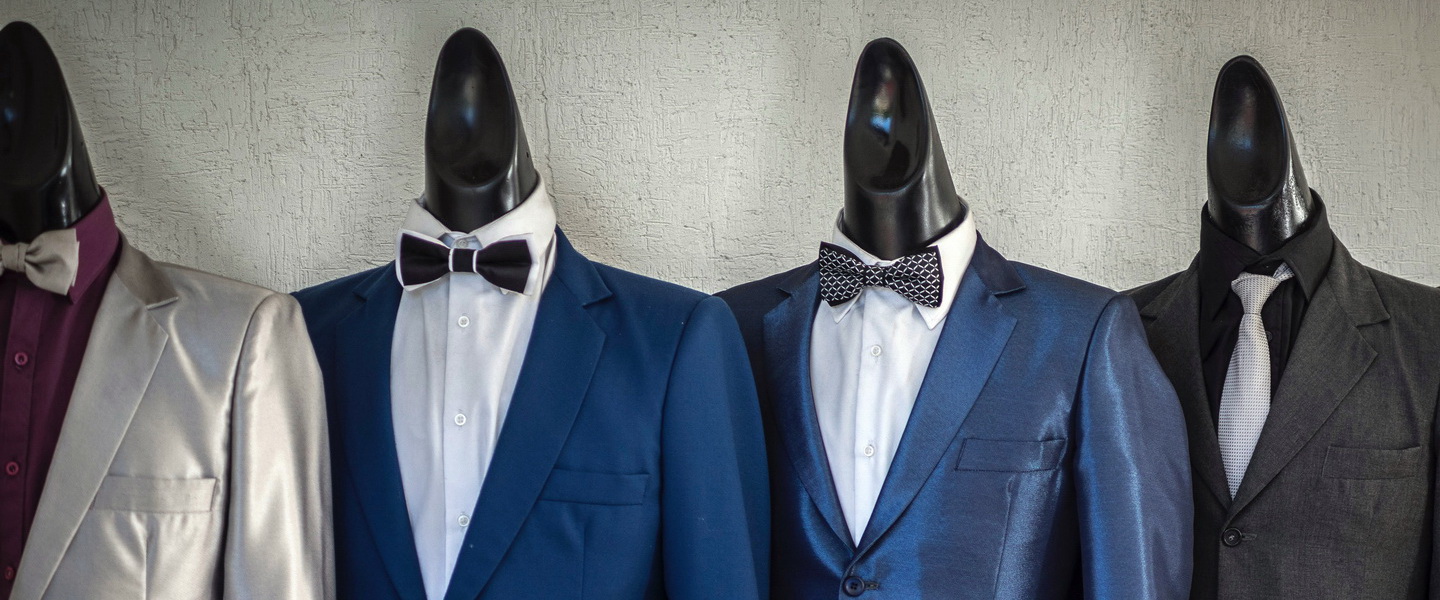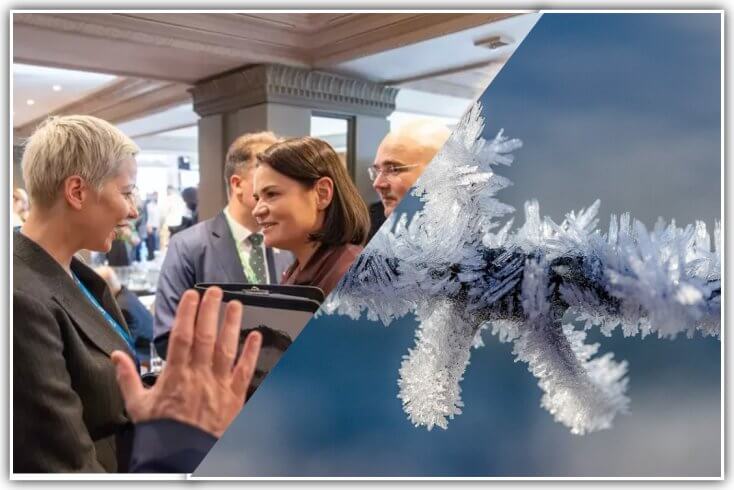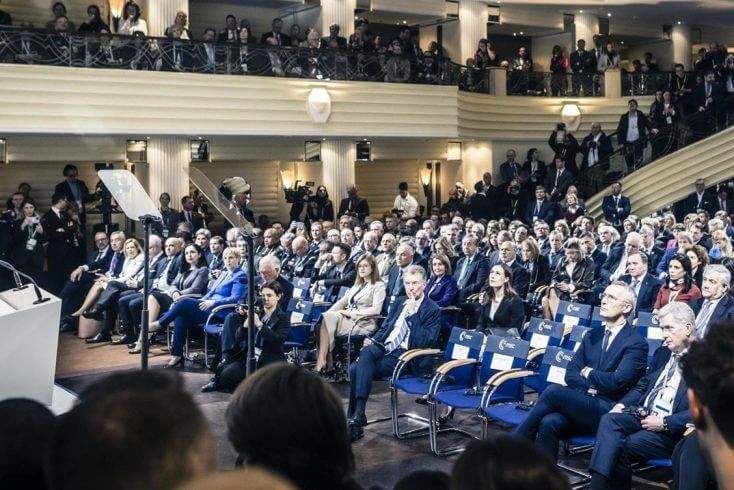
Four political parties remain in Belarus after a political purge that followed the 2020 postelection protests. Although all of them are completely loyal to Alaksandar Łukašenka, he made it clear that they will play little role in politics, including during the February 2024 parliamentary election.
“We’re not recreating the Soviet Union’s Communist Party, we are not constructing a party of power and we are not dividing society by party affiliations,” Łukašenka said at a November 10 meeting with leaders of the four remaining political parties. “Presidential rule” in Belarus “should be accepted as an axiom,” he noted.
After the government gave the pro-Łukašenka public association, Bełaja Ruś, the green light to form a party in February, some journalists referred to it as a party of power. In fact, Łukašenka is not a kind of man to share political power, not even with loyal parties.
The Belarusian ruler said, “As for my attitude to the parties whose leaders are here, to me you are all equal.” In practice it means that they will not play any significant role in Belarusian politics.
Iron fist is safer
In democratic countries, parties are established for power struggle. In the United States, for example, competition between the Republicans and Democrats defines Washington’s domestic and foreign policy.
Some authoritarian and even totalitarian regimes had a ruling party. Josef Stalin once wrote that the Communists were “a kind of order of swordsmen within the Soviet state. Leonid Brezhnev’s constitution called the Communist Party “the leading and guiding force of Soviet society.” And indeed, Communist Party called the shots.
Łukašenka is in love with the Soviet system. In 1964, however, the Communist Party’s Central Committee dismissed its General Secretary, Nikita Khrushchev, in a conspiracy by the party’s top brass. Another general secretary, Leonid Brezhnev, put the proposal to send troops to Afghanistan to a Politburo vote. Łukašenka, by all appearances, did not bother about any debate whether to support Russia’s aggression against Ukraine.
The Soviet-era Communists had some internal party democracy. The first president of Belarus, on the other hand, has turned an autocrat. He does not need any Politburo to trample on his feet. He has established a pronounced personalist regime.
In the last years of the USSR, when the Communist Party lost all authority, many of its members defiantly burned their party membership cards, functionaries were booed off the podiums and scared to stick their noses out at rallies. When the leaders of Belarus, Russia and Ukraine announced the breakup of the Soviet Union, none of the millions of communists rushed to defend the collapsing superpower. Instead, many of them became ardent perestroika supporters.
Łukašenka rules the country with an iron fist and avoids pluralism, in order not to repeat the fate of Mikhail Gorbachev.
Crime of changing government through elections
The incumbent said that parties should become the government’s aides in decision-making and in explaining and promoting its policies.
He perceives the government as his inviolable, eternal and sacred property. He has criminalized the very idea of change through elections, labeling those who challenge the government or its policies as extremists and terrorists.
“The purpose of parties is not to compete with the state, but to compete with each other at the level of projects and legislative initiatives,” said Łukašenka. That was a clear manipulation: he identifies the current regime with the state, while in democracies changes of government do not destroy the state, but help it fulfill its functions.
Łukašenka and his propaganda recently hailed the opposition coalition’s success in the parliamentary election in Poland, hoping to cozy up to the new government.
He likes it when opposition wins in the neighboring Western countries. In Belarus, the opposition (in 2020, the majority) tried to claim their rights but were branded enemies of the state to be rooted out. The government has forced many opponents to flee abroad, where they can entertain themselves with elections for their emigrant bodies.
Łukašenka boasted that during this year’s re-registration of political parties the government had eradicated “decorative associations and those whose activities were aimed at undermining the foundations of the constitutional order of our country.” According to him, extremist groups have long been operating under the guise of “democratic forms of political participation” to undermine Belarus’ statehood.
Although by 2020 opposition parties had faded and did not play any role in the 2020 protests, the courts have retroactively criminalized their activities. It is only a matter of time before police start arresting and sentencing people for their past affiliations, even though opposition parties were able to legally campaign and nominate candidates for many years.
No room for loyalists
The four parties left in Belarus are Bełaja Ruś, the Communist Party of Belarus, the Liberal Democratic Party and the Republican Party of Labor and Justice. Commenting on the upcoming elections in February, Łukašenka said, “I know that on the eve of the parliamentary elections there are initiatives by party leaders to nominate people, support them and so on. I only advise you: these people should be exclusively state people.”
In other words, he instructed the parties to nominate proven loyalists.
Łukašenka is not even ready to replicate Russia, where half of the State Duma deputies are elected by party lists and parliamentary factions are formed. The Belarusian Constitution, adopted last year, provides for plurality voting in single-member districts, a system that is not quite favorable for political parties.
There is also no quota for political parties in the All-Belarusian People’s Assembly (APA), although 400 seats are reserved for delegates from “civil society,” i.e. government-organized NGOs or GONGOs.
The ruler does not leave much room for maneuver for even to the most loyal parties. He has created a perfect system of personal power, and he has no intention to modify it.
Apotheosis of autocracy: how will Belarusian experiment end?
The revised Constitution, which provides for a massive expansion of APA powers, is fraught with the possibility of dual power in a crisis.
Despite his conservatism, Łukašenka was forced to add that clause amid political uncertainty. He no longer seems to be enthusiastic about the idea.
Most likely, Łukašenka will take charge of the APA and remain “president” at the same time, trying to keep all the reins of power in his hands until the very end. The loyal parties will be given secondary roles: their members will imitate diversity in the election commissions, always ready to produce the necessary numbers.
Łukašenka can hold on to autocracy, but the political science says that personalist regimes usually collapse after the leader’s death. He might also be preparing to transfer power to his son. The trick worked in Azerbaijan and some other countries.
Experts used to say that it would not be possible in the center of Europe, that Belarusians would not accept it, but who asks the people these days? Located in the geographical center of Europe, the regime is quite confident in mastering the practices of totalitarianism and medievalism.
It is impossible to predict when and how this tragic experiment will end. It is fraught with the loss of independence, because the autocrat has strongly tied the country to the empire to keep himself in power.
He will not tolerate any political games within the system, no need to rock the boat.
This is the axiom that the ruler conveyed to the party leaders. They already know the rules, otherwise their phony parties would not have been included in the list of political dummies approved by the Ministry of Justice.



